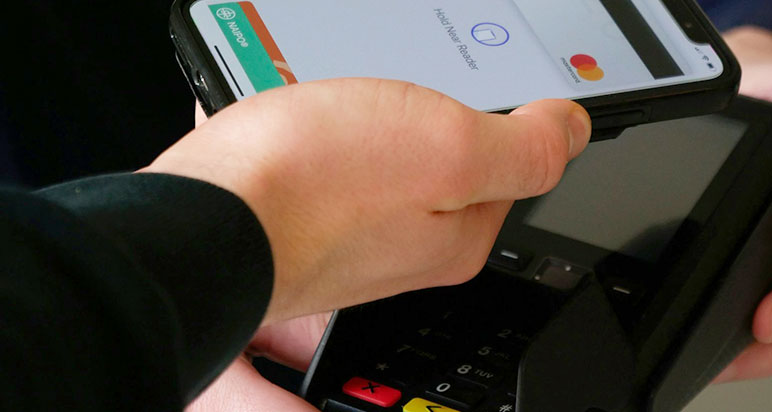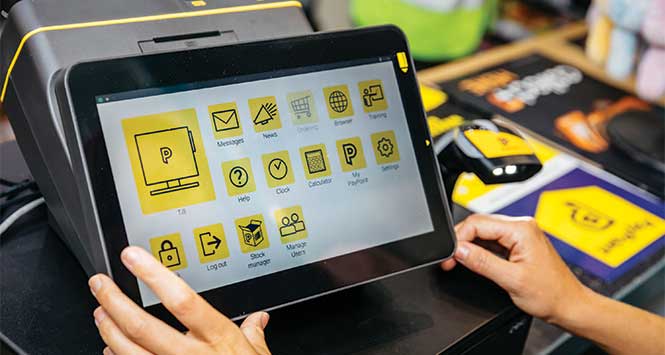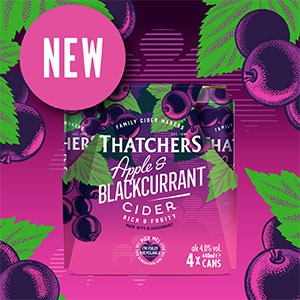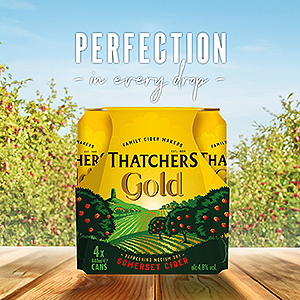Consumer card spending grew 2.8% year-on-year in August, down from 4% in July, as rainy weather cast a cloud on the high street, new data reveals.
The figures from Barclays show spending on essentials saw just 1% growth – the lowest uplift since April 2020 (-2.9%), largely due to a sharp decline in spend on fuel (-20.1%). Supermarkets and food and drink specialist stores also saw weaker spending growth (4.5% and 4.9%, respectively) compared to July (5.2% and 6.2%, respectively). This was impacted by the slower rate of food price inflation, as well as consumers continuing to find ways to get more value or to reduce the cost of their weekly shop (67%).
The majority of these supermarket savers are buying budget or own-brand goods over branded items, as well as cutting down on luxuries or one-off treats for themselves (both 52%. Over a quarter (26%) are only buying items that are discounted, and 12% are removing some items when they get to the checkout, to avoid going over budget.
In addition, the data shows 52% of Brits have noticed that some of the food and drink products they buy have been downgraded in terms of quality or the quantity of premium ingredients, yet still cost the same or more than they used to. Within this group, the most frequently cited skimpflation examples include crisps (44%), sweets and chocolate (43%), and cakes and biscuits (36%).
The impact of ‘skimpflation’ goes beyond food and drink, the Barclays data shows, with Brits noticing toilet paper (43%) and toiletries/cosmetics (37%) affected.
As autumn begins, some Brits are already looking ahead to their Christmas shopping plans, the data reveals. Almost a third (31%) expect this coming Christmas to be more expensive than last year, while 19% are worried about being able to keep up with outgoing costs. One in five savvy savers has also started to put money aside to help fund their festivities.
Abbas Khan, UK Economist at Barclays, said: “Muted spending growth in August is in line with other data sources, such as soft PMIs and stalling consumer confidence, suggesting that the bite from monetary tightening is starting to be felt more acutely.
“However, with further moderation in inflation and strong wage growth set to support real household disposable incomes, we continue to think the economy will avoid a recession in the coming quarters, even if growth is only set to be sluggish.”







